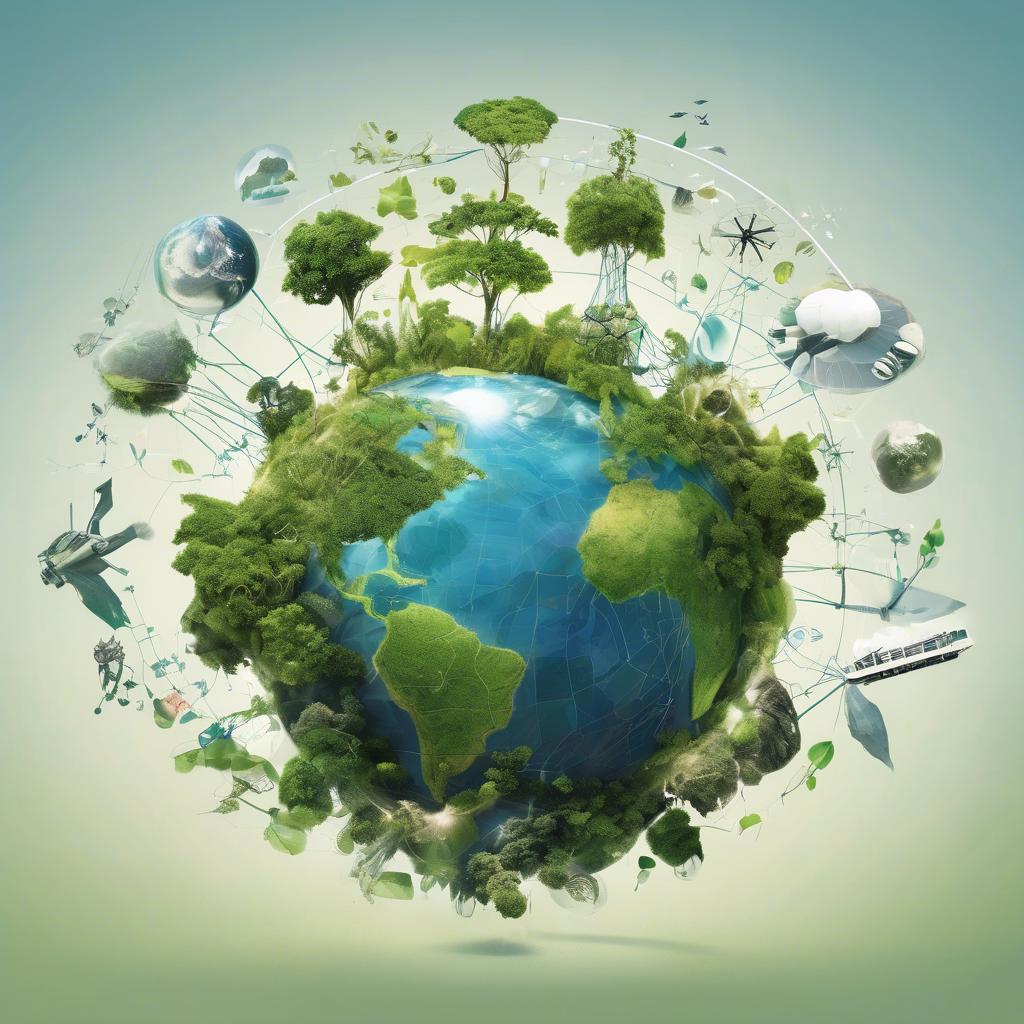Preserving Earth's Natural Resources
Explore the abundant resources of our planet and learn about sustainable practices that protect these vital assets for future generations. Natural resources, such as water, forests, and minerals, are essential for life and economic development. To preserve them, we must adopt sustainable practices like reducing waste, recycling materials, and conserving energy. Incorporating eco-friendly technologies and renewable energy sources not only mitigates climate change but also ensures that these resources are available for future use. Moreover, community involvement in conservation efforts can lead to significant improvements in local habitats. Education plays a critical role in raising awareness about the importance of preserving nature, fostering a culture of respect for our environment. By taking action, we can secure a healthier planet and promote a sustainable lifestyle that values our natural heritage.


Forests
Forests are home to diverse species and play a crucial role in absorbing carbon dioxide. They provide habitat for countless organisms, from the largest mammals to the smallest insects. Forests also regulate the water cycle, prevent soil erosion, and support a variety of ecosystems. Additionally, they contribute to the economy through timber, recreation, and tourism. Unfortunately, deforestation threatens many of these vital functions. Protecting our forests is essential for maintaining biodiversity and combating climate change. Initiatives like reforestation and sustainable forest management are crucial for restoring these ecosystems, ensuring that future generations can enjoy their beauty and benefits. Understanding the importance of forests can inspire action towards their conservation and highlight the interconnectedness of all life on Earth.
Our Projects and Success Stories

Our first project focused on enhancing sustainable energy solutions for local communities. Through innovative solar panel installations, we empowered over 300 households, significantly reducing their energy costs and carbon footprint.

In our second project, we partnered with schools to develop a comprehensive educational program on technology integration. As a result, over 500 students gained access to coding workshops, fostering creativity and critical thinking skills.

Our third initiative focused on environmental cleanup. Collaborating with volunteers, we organized a city-wide campaign that removed over 2 tons of waste from parks and rivers, promoting community engagement and environmental stewardship.
Main Types of Natural Resources
- Water - A vital resource for all living organisms, water sustains ecosystems and human activities alike.
- Minerals - Naturally occurring inorganic substances, minerals are essential for building materials, technologies, and energy production.
- Forests - These areas are crucial for biodiversity, carbon absorption, and supplying timber, while also playing a role in climate regulation.
- Oil and Gas - These fossil fuels are major energy sources driving economies and powering transportation, though they contribute to environmental challenges.
- Wildlife - Animals and plants contribute to ecological balance and provide resources such as food, medicine, and recreational opportunities.
Stay Informed
In today's fast-paced world, staying informed is crucial for navigating the complexities of daily life. Whether it's keeping up with the latest news, technological advancements, or understanding emerging global trends, access to reliable information can empower you to make better decisions.
Subscribing to newsletters, following trustworthy social media accounts, and utilizing news apps can enhance your awareness of important issues. Additionally, engaging with community discussions can provide diverse perspectives and insights.
Don't miss out on significant updates! By staying informed, you can not only enrich your own knowledge but also play an active role in society. Join our community and let us keep you updated on everything you need to know to stay ahead of the curve.
